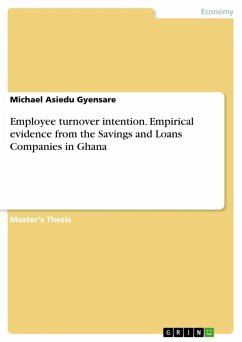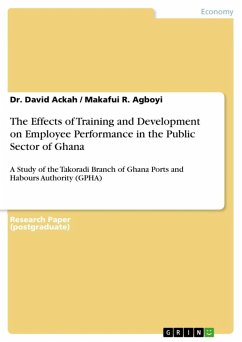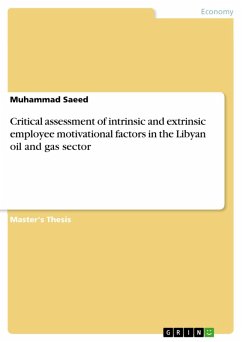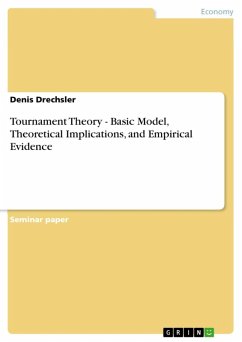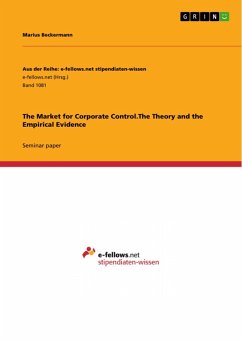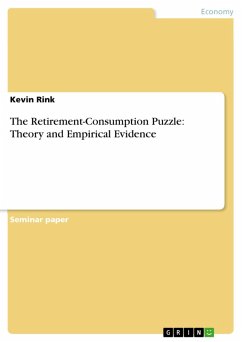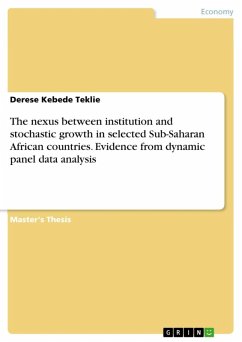Master's Thesis from the year 2013 in the subject Leadership and Human Resources - Miscellaneous, grade: A, University of Ghana, Legon (University of Ghana Business School), course: MPhil Human Resource Management, language: English, abstract: The study examined the relationship among antecedents, employee turnover intention and outcome variables. First, it was proposed that pay satisfaction, job satisfaction, affective commitment, transformational leadership, transactional leadership, psychological climate, normative commitment and continuance commitment would antecede employee turnover intention. Next, turnover intention was expected to influence perceptions of absenteeism. Finally, thoughts of quitting was presented as a moderator between turnover intention and absenteeism as acceptable or accountable work behaviour. A nonexperimental, cross-sectional, descriptive correlational design was adopted for the study. Also, the multi-stage sampling method was used to select the three hundred and forty (340) employees who completed the survey instrument. Hypotheses were tested through correlational and hierarchical regression analytic procedures. The antecedent variables were all significant and inversely related to employee turnover intention and employee turnover intention on the other hand was also significantly related to acceptable absence legitimacy. However, for the turnover intention model, the hierarchical regression analysis results indicated that affective commitment, normative commitment, pay satisfaction, job satisfaction and transformational leadership predicted employees intention to quit. For the absenteeism model, the hierarchical regression analysis results showed that turnover intention did not influence employees' perception of acceptable and accountable absence legitimacy and thoughts of quitting did not also moderate the postulated relationship. It was concluded that management in the SLCs should pay utmost attention to employees pay satisfaction, job satisfaction, affective commitment, normative commitment and transformational leadership in order to lessen or completely eliminate the high turnover rate in the NBFIs.
Dieser Download kann aus rechtlichen Gründen nur mit Rechnungsadresse in A, B, BG, CY, CZ, D, DK, EW, E, FIN, F, GR, HR, H, IRL, I, LT, L, LR, M, NL, PL, P, R, S, SLO, SK ausgeliefert werden.

